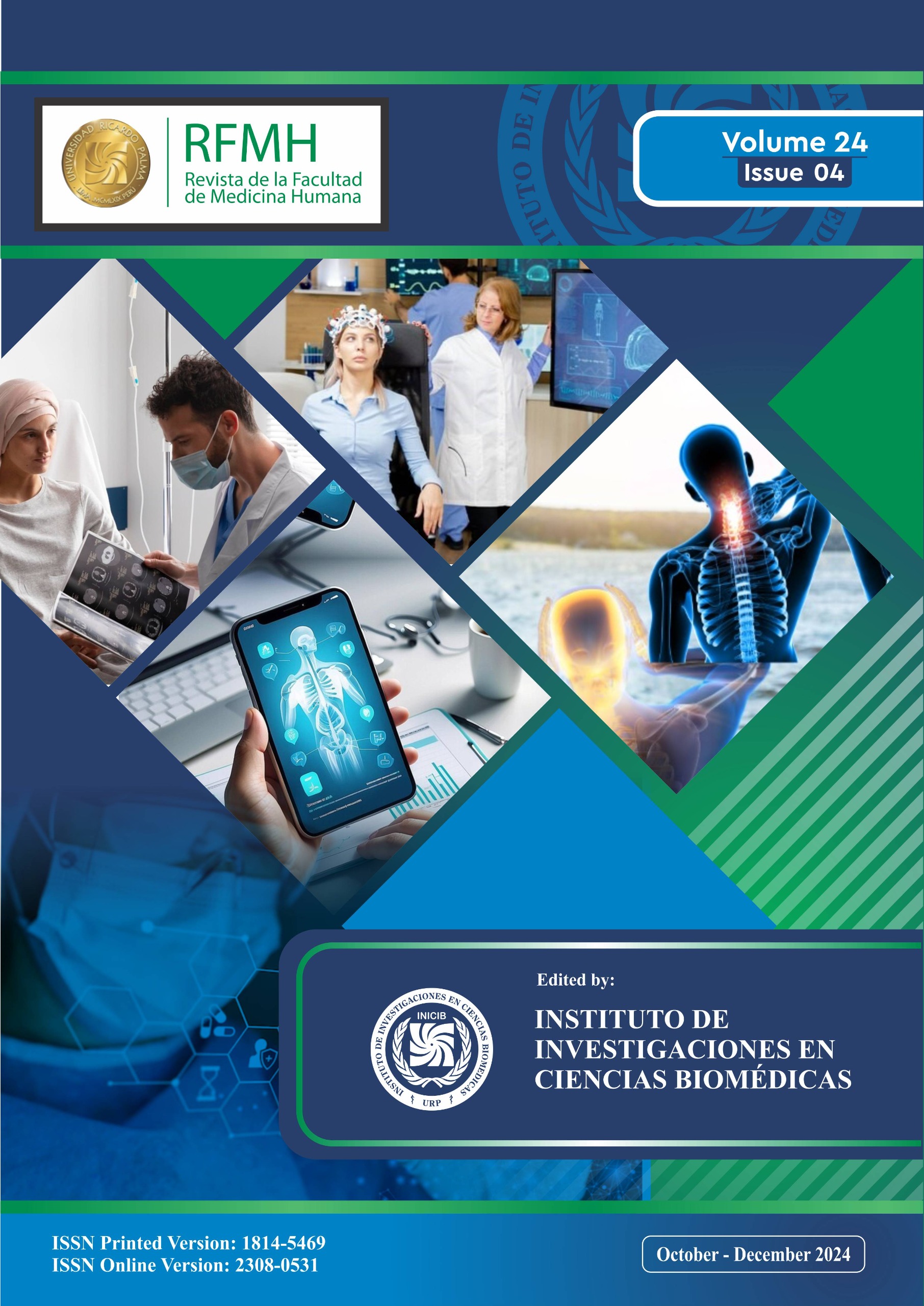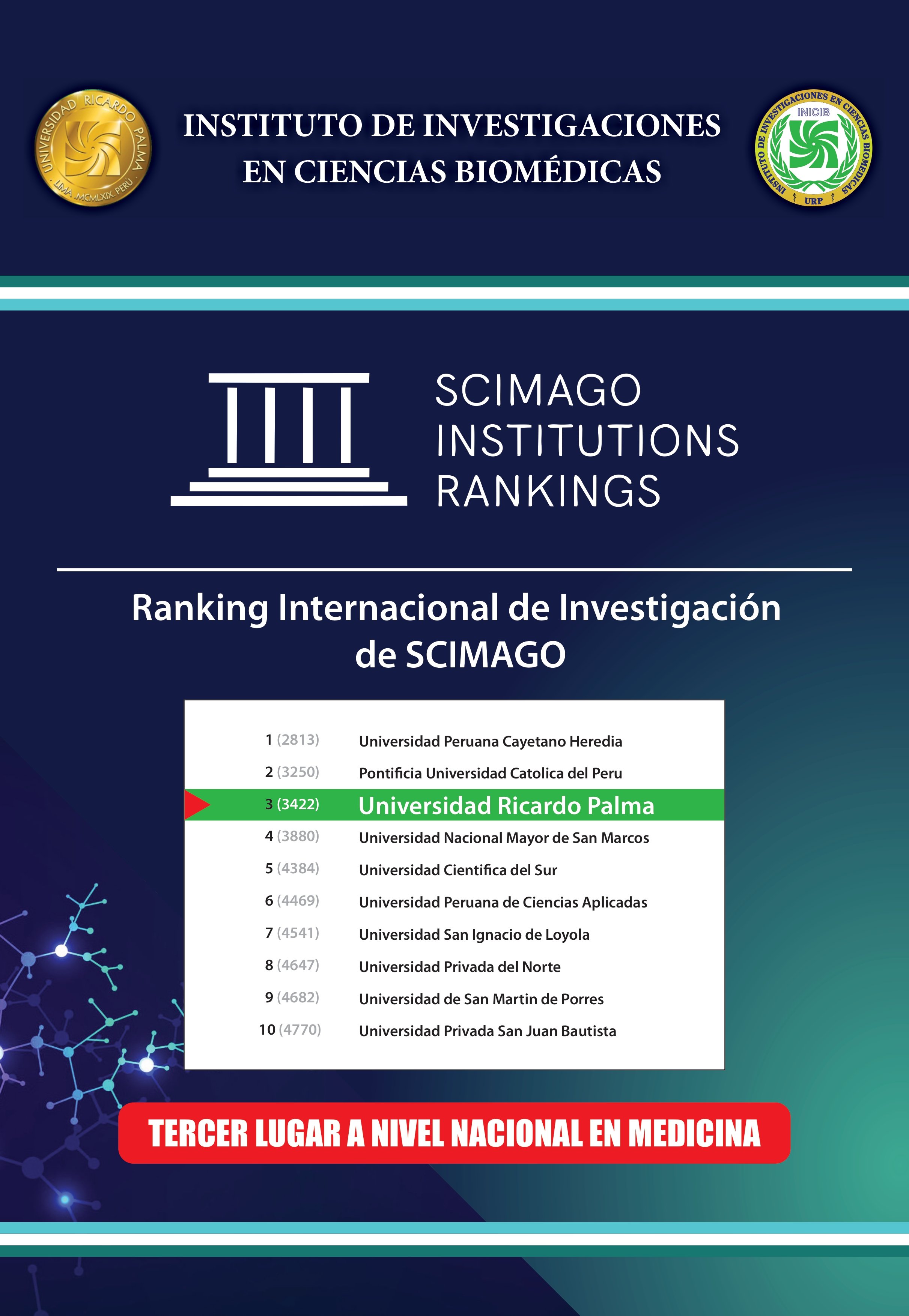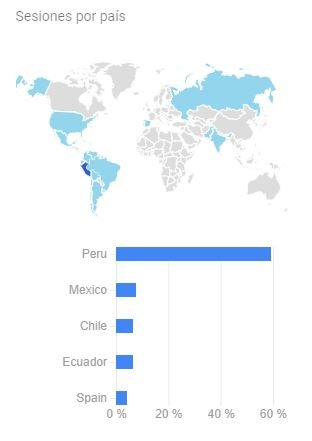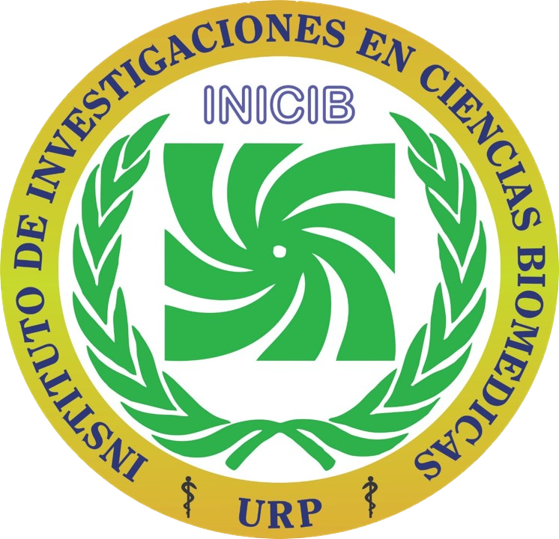Unraveling the neurological enigma: central diabetes insipidus and extrapontine osmotic demyelination caused by covid-19 case report
Desentrañando el enigma neurológico: Diabetes insípida central y desmielinización osmótica extrapontina causada por covid-19-reporte de caso | 解开神经谜团:由 COVID-19 引起的中枢性尿崩症和脑桥外渗性脱髓鞘病变病例报告
Keywords:
COVID-19, SARS-CoV-2, Endocrine System, Diabetes InsipidusAbstract
Background: COVID-19 infection produces various symptoms and affects multiple systems, including the endocrine system. Lesions have been documented at the hypothalamic and pituitary axis, hypothetically explained by the presence of angiotensin II receptors in these structures and by direct immune-mediated viral lesions. These manifest with electrolyte and hormonal alterations.
Case report: We present the case of a female patient who, after infection by SARS-CoV-2, presented with hypernatremia refractory to conventional management. Her diagnostic study documented hyposthenuria, high serum osmolarity, and low urinary osmolarity. The condition was corrected with desmopressin, leading to a diagnosis of central diabetes insipidus. A brain MRI revealed a lesion in the pituitary gland, confirming the clinical findings. The only etiological hypothesis for this lesion is its association with SARS-CoV-2 infection.
Conclusions: Understanding the complications secondary to COVID-19 infection in the endocrine setting is essential for early diagnosis and targeted treatment. This knowledge can significantly improve the quality of life for patients affected by such complications.
Downloads
References
Zimmer MA, Zink AK, Weißer CW, Vogt U, Michelsen A, Priebe HJ, et al. Hypernatremia-A
Manifestation of COVID-19: A Case Series. A&A Pract. 2020;14(9):e01295. DOI:
1213/XAA.0000000000001295
Hirsch JS, Uppal NN, Sharma P, Khanin Y, Shah HH, Malieckal DA, et al. Prevalence and
outcomes of hyponatremia and hypernatremia in patients hospitalized with COVID-19.
Nephrol Dial Transplant. 2021;36(6):1135–8. DOI: 10.1093/ndt/gfab067
https://www.nature.com/articles/s41586-020-2180-5. DOI: 10.1038/s41586-020-2180-5
Lan J, Ge J, Yu J, Shan S, Zhou H, Fan S, et al. Structure of the SARS-CoV-2 spike receptorbinding domain bound to the ACE2 receptor. Nat 2020 5817807 [Internet]. 2020 Mar 30
[cited 2022 Feb 14];581(7807):215–20. Available from:
Zhang H, Penninger JM, Li Y, Zhong N, Slutsky AS. Angiotensin-converting enzyme 2
(ACE2) as a SARS-CoV-2 receptor: molecular mechanisms and potential therapeutic target.
Intensive Care Med [Internet]. 2020 Apr 1 [cited 2022 Feb 14];46(4):586. DOI:
1007/s00134-020-05985-9
Kai H, Kai M. Interactions of coronaviruses with ACE2, angiotensin II, and RAS
inhibitors—lessons from available evidence and insights into COVID-19. Hypertens Res
[Internet]. 2020 Jul 1 [cited 2022 Feb 14];43(7):1. DOI: https://doi.org/10.1038/s41440-020-
-8
Shah MK, Mandayam S, Adrogué HJ. Osmotic Demyelination Unrelated to Hyponatremia.
Am J Kidney Dis. 2018;71(3):436–40. DOI: 10.1053/j.ajkd.2017.10.010
Fountain JH, Lappin SL. Physiology, Renin Angiotensin System. StatPearls [Internet]. 2021
Jul 22 [cited 2022 Feb 14].
Misgar RA, Rasool A, Wani AI, Bashir MI. Central diabetes insipidus (Infundibuloneuro
hypophysitis): A late complication of COVID-19 infection. J Endocrinol Invest [Internet].
;44(12):2855–6. DOI: 10.1007/s40618-021-01627-z
Liu F, Long X, Zhang B, Zhang W, Chen X, Zhang Z. ACE2 Expression in Pancreas May Cause
Pancreatic Damage After SARS-CoV-2 Infection. Clin Gastroenterol Hepatol [Internet]. 2020
Aug 1 [cited 2022 Feb 14];18(9):2128. DOI: 10.1016/j.cgh.2020.04.040
Marazuela M, Giustina A, Puig-Domingo M. Endocrine and metabolic aspects of the
COVID-19 pandemic. Rev Endocr Metab Disord [Internet]. 2020 Dec 1 [cited 2022 Feb
;21(4):495. DOI: 10.1007/s11154-020-09569-2
Chiloiro S, Capoluongo ED, Tartaglione T, Giampietro A, Bianchi A, Giustina A, et al. The
Changing Clinical Spectrum of Hypophysitis. Trends Endocrinol Metab [Internet]. 2019 Sep
[cited 2022 Feb 14];30(9):590–602. DOI: 10.1016/j.tem.2019.06.004
Leow MKS, Kwek DSK, Ng AWK, Ong KC, Kaw GJL, Lee LSU. Hypocortisolism in survivors of
severe acute respiratory syndrome (SARS). Clin Endocrinol (Oxf) [Internet]. 2005 Aug [cited
Feb 14];63(2):197. DOI: 10.1111/j.1365-2265.2005.02325.x
Seay NW, Lehrich RW, Greenberg A. Diagnosis and Management of Disorders of Body
Tonicity—Hyponatremia and Hypernatremia: Core Curriculum 2020. Am J Kidney Dis
[Internet]. 2020 Feb 1 [cited 2022 Feb 14];75(2):272–86. DOI: 10.1053/j.ajkd.2019.07.014
Pal R, Banerjee M. COVID-19 and the endocrine system: exploring the unexplored. J
Endocrinol Investig 2020 437 [Internet]. 2020 May 2 [cited 2022 Feb 14];43(7):1027–31. DOI:
1007/s40618-020-01276-8
Rajevac H, Bachan M, Khan Z. DIABETES INSIPIDUS AS A SYMPTOM OF COVID-19
INFECTION: CASE REPORT. Chest [Internet]. 2020 Oct 1 [cited 2022 Feb 14];158(4):A2576.
DOI: 10.1016/j.chest.2020.09.172
Martin RJ. Central pontine and extrapontine myelinolysis: The osmotic demyelination
syndromes. Neurol Pract. 2004 Sep;75(3). DOI: 10.1136/jnnp.2004.045906
Sindhu DM, Holla V V., Prasad S, Kamble N, Netravathi M, Yadav R, et al. The Spectrum of
Movement Disorders in Cases with Osmotic Demyelination Syndrome. Mov Disord Clin
Pract. 2021;8(6):875–84. DOI: 10.1002/mdc3.13250
Norenberg MD. Central pontine myelinolysis: Historical and mechanistic considerations.
Metab Brain Dis [Internet]. 2010 Mar 25 [cited 2022 Feb 14];25(1):97–106. DOI:
1007/s11011-010-9175-0
Soupart A, Penninckx R, Namias B, Stenuit A, Perier O, Decaux G. Brain Myelinolysis
Following Hypernatremia in Rats. J Neuropathol Exp Neurol [Internet]. 1996 Jan 1 [cited
Feb 14];55(1):106–13. DOI: 10.1097/00005072-199601000-00011
Han MJ, Kim DH, Kim YH, Yang IM, Park JH, Hong MK. A case of osmotic demyelination
presenting with severe hypernatremia. Electrolyte Blood Press. 2015;13(1):30–4. DOI:
5049/EBP.2015.13.1.30

Downloads
Published
How to Cite
Issue
Section
License
Copyright (c) 2024 Revista de la Facultad de Medicina Humana

This work is licensed under a Creative Commons Attribution 4.0 International License.





























